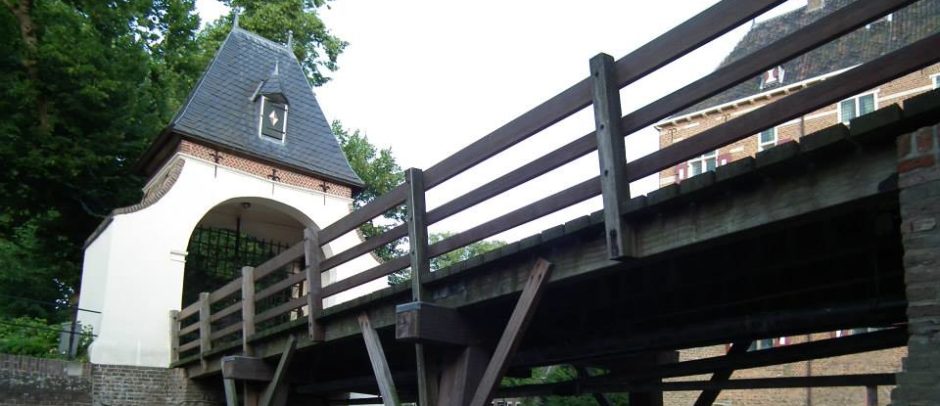Today the documentary Enfants Sous Influence (Children Under the Influence) aired today on France 5. Together with journalist Elisa Jadot we shred light on the dangers of sharing pictures of your children publicly on the internet.
50% of the photos and videos exchanged on criminal networks for children come from social networks and are published by the parents themselves. I was interviewed by Elisa Jadotto and explained how a holiday photo that is naively published on social networks can easily end up in the hands of malicious parties.
In 2017 I found the biggest meeting place for sexual predators. The site is among the 870 most visited in the world and collects 25 million unique visitors per month. It hosts over 75 million photos of children. Pedophiles share and comment on these photos copied from Instagram, Facebook or Snapchat.
In an interview Elisa Jadot says:
“What interests sexual predators can be just a smile, a little naughty look. I saw quite innocuous pictures of well-dressed little girls in front of Christmas trees, but who had a pretty face, a face that was attractive to sexual predators.”
The article continues:
“Among the pedophile visitors who visit such sites, the journalist indicates that some will be satisfied by these images. For others, these images will serve as bait “to then exchange emails, Telegram accounts and share other types of content, place orders and feed the network”.
With this documentary, Elisa Jadot questions the impact of digital technology on our intimate lives, and more specifically, on those of our children. “We’ve had social networks for years, we’ve been living with them, but maybe it’s time to ask ourselves what digital has made of us. Consent is one of the issues we raise in the documentary because we don’t ask ourselves much of this question: do our children agree? Do they disagree? In fact, they are too young to be able to say whether they agree or disagree. It is up to us, as parents, to ensure the protection of our children. We do not own their image, we must protect it and ensure that it is free of any reputation until they are 18 years old.”
The journalist recalls that it is essential that the adult who takes a picture of a child or the minor pays particular attention to the place where he shares the photo and that he is aware that the photograph if it is posted online could be taken back by third parties in the context of malicious use.”
Just to be absolutely clear about my incentives: I’ve disabled downloading any images of this website in my browser during my in-depth investigation of this website. Just for this video interview, I’ve enabled downloading pictures to get (blurred) pictures of this website for a few specific pages to get the message across multiple millions of Tv viewers in multiple countries.
